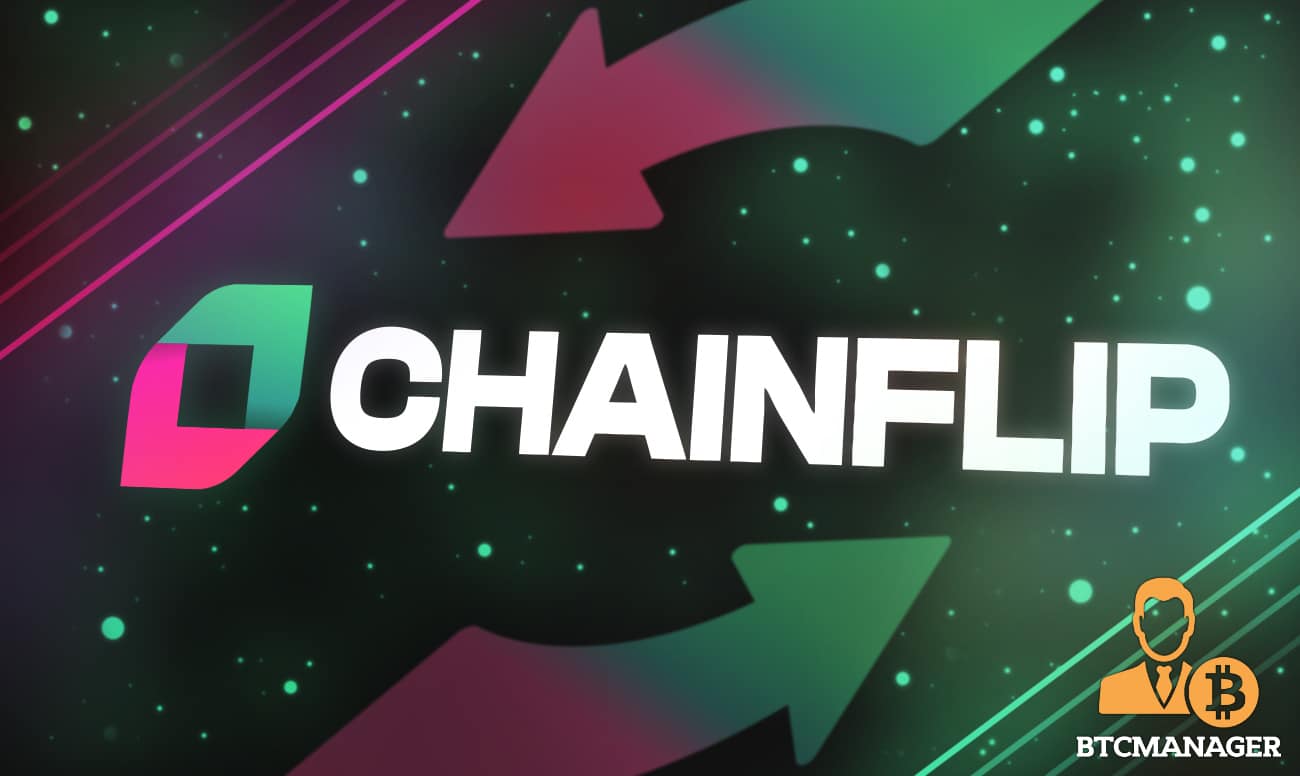Chainflip, The Best Way To Swap Your Tokens

Blockchains today have grown separate from one another, where liquidity between chains isn’t practical without centralization. This is a real problem to blockchain adoption and particularly DeFi, as we know that through recent developments composability between tokens and protocols is the real bread and butter of this technology.
To tackle these composability drawbacks, protocols have had to resort to the use of wrapped digital assets. Wrapped coins maintain a ratio of 1:1 with the underlying asset while adopting another blockchain’s token standard. However, wrapped tokens almost always rely either on very centralized designs or custodial companies. Furthermore, protocols using these types of wrapped/pegged versions have flooded the market with very illiquid tokens that ultimately compete for market share. This is where Chainflip comes into the picture, enabling tokens to be swapped without requiring any synthetics or wrapped counterparty and without the need for a custom wallet or specialized software.
What Is Chainflip?
A decentralized, trustless protocol, Chainflip supports the direct cross-chain exchange of cryptocurrencies without intermediary involvement. It simplifies the value transfer of one blockchain to another. Chainflip gives users the same permissionless experience as Uniswap without being limited to ERC-20 tokens. The Chainflip protocol can also support any L1 or future L2 transaction types as it is a very generic solution using an AMM design at its core.
The $FLIP Token
The $FLIP token is Chainflip’s native token, it is used by the validator network to economically secure the platform’s funds. The Chainflip protocol charges a fee that ranges from between 10 bps to 20 bps for every swap performed in the platform that will automatically be used to buy and burn the $FLIP tokens. Thus, token holders are directly exposed to the benefits of the protocol and its usage, having a buying pressure that is proportional to the success of the platform. If Chainflip captures volume similar to that of other DEXes, this burning mechanism could actually be a huge driver of fundamental value.
How Does Chainflip Work?
Before getting into how Chainflip works, let us understand how a centralized exchange operates. A typical crypto exchange is just some software with some trading logic and a number of wallets in each blockchain supported by the exchange. where users deposit and withdraw funds from/to. Chainflip, on the other hand, has a similar design but the key generation and signing rely on a decentralized network of validators. The validators come to a consensus on Chainflip’s substrate-based proof-of-stake blockchain about trading execution and balances/states of the liquidity pools in the platform.
Validators can see balances across supported blockchains and send and receive funds as defined by the protocol rules. Chainflip achieves this through the use of large multi-signature wallets, threshold signature schemes, and MPC to enable the creation of vaults that are jointly controlled and run by Chainflip validators. As a result, every aspect of the protocol, from trade execution, liquidity provision/withdrawal, quotes and validator’s auction is decentralized and permissionless.
Competitors Of Chainflip
Chainflip has several competitors in the DEX market. However, ERC-20 DEXes are limited in the type of tokens supported and do not serve the use case that Chainflip plans to target. Other wrapped token projects offer some level of cross-chain features but with important tradeoffs discussed above.
How Is Chainflip Different From THORchain?
There are several differences between Chainflip and THORchain. Unlike Chainflip, THORchain relies on special wallets such as Asgardex to function. Users on Chainflip do not need to move funds to other wallets before initiating a swap. Chainflip uses a multi-pronged approach to signature schemes, using EdDSA when possible while also leveraging other TSS that are available in smart contract-based blockchains. THORchain, on the other hand, relies solely on ECDSA which makes increasing the validator set more difficult.
Conclusion
Chainflip has set its sights on the future of DeFi. The platform is bringing in a very product and user-oriented vision by eliminating the need for heavy tradeoffs like specialized software, pre deposits, and synthetic counterparty assets. Chainflip’s multi-pronged approach to threshold signature schemes allows the state chain to scale the number of validators and the throughput in an optimal way, thus reducing potential vector attacks like node centralization and malicious behaviors.













